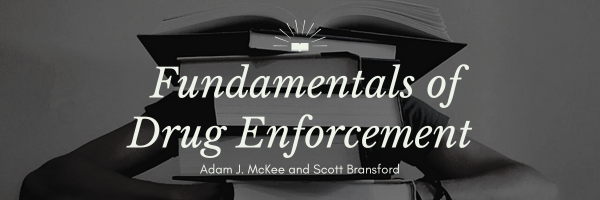Reading Assignment for Section 3.1
Read the following subsection from our online textbook: Section 3.1: U.S. Drug Laws Overview.
What You Will Learn
In this section, you’ll explore the foundation of U.S. drug laws, starting with the Controlled Substances Act and its scheduling system. You’ll examine key amendments that reflect shifts in drug policy and analyze the tension between federal and state laws, particularly around marijuana legalization. By the end, you’ll understand the debates about drug classification and enforcement disparities and how reforms aim to create fairer policies.
Student Learning Outcomes for Section 3.1: U.S. Drug Laws Overview
- SLO 1: Summarize the purpose and key provisions of the Controlled Substances Act (CSA), including the scheduling system and its role in regulating controlled substances.
- SLO 2: Describe the major amendments to U.S. drug laws, such as the Anti-Drug Abuse Act and the Comprehensive Addiction and Recovery Act, and explain how they reflect evolving approaches to drug policy.
- SLO 3: Analyze the conflicts between federal and state drug laws, particularly concerning marijuana legalization, and their implications for businesses, individuals, and law enforcement.
- SLO 4: Evaluate the controversies surrounding the classification of Schedule I drugs, including cannabis and psychedelics, and how these debates impact medical research and public health.
- SLO 5: Discuss the disparities in drug law enforcement and explore reforms aimed at addressing racial, economic, and systemic inequities in the application of drug policies.
Modification History File Created: 10/09/2024 Last Modified: 11/24/2024
You are welcome to print a copy of pages from this Open Educational Resource (OER) book for your personal use. Please note that mass distribution, commercial use, or the creation of altered versions of the content for distribution are strictly prohibited. This permission is intended to support your individual learning needs while maintaining the integrity of the material.
This work is licensed under an Open Educational Resource-Quality Master Source (OER-QMS) License.

